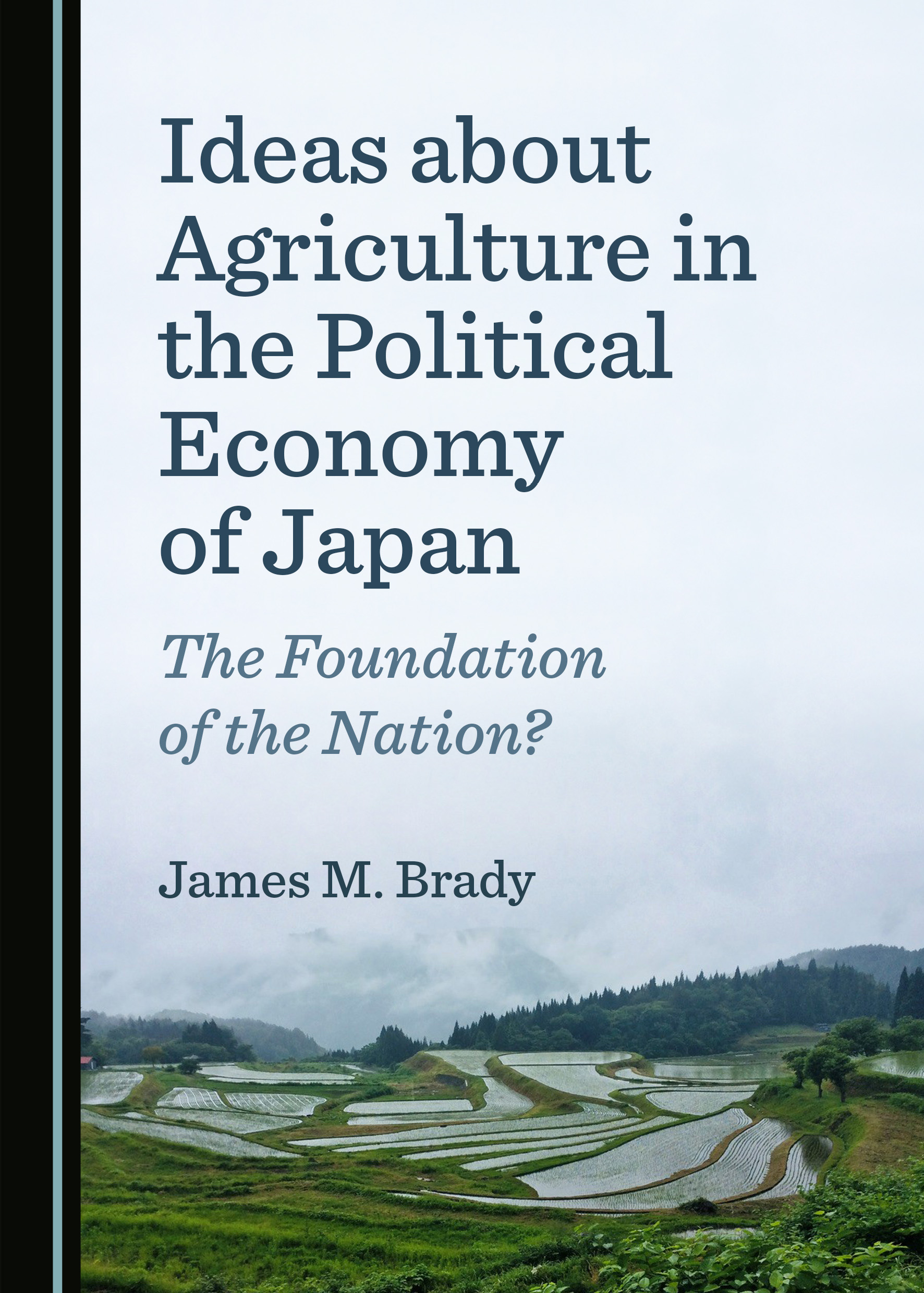Ideas about Agriculture in the Political Economy of Japan: The Foundation of the Nation?
A major paradox in the political economy of Japan is why an enduring majority of citizens, as voters, consumers, and taxpayers, has explicitly supported or implicitly consented to a policy regime of agricultural protection that reduces material welfare and limits consumer choice. This book goes beyond standard political economy approaches that focus on self-interest pursuit by policy actors to contend that ideational factors are an important explanatory variable shaping the policy preferences of individuals towards agriculture and agricultural policy in Japan.
The book traces the historical origins of ideas about agriculture, particularly those associated with the nōhonshugi tradition, and offers an original taxonomy classifying the development of agrarian thought from the Tokugawa era until the 1930s. It then analyses postwar media portrayals of agriculture in public policy debates around the 1961 and 1999 agricultural ‘basic laws’, charting the evolution of both economic and non-economic ideas in those periods. Finally, it investigates the predominant ideas held about agriculture by individuals today, as evidenced through public opinion survey data, and demonstrates that concerns about health and food safety, food self-sufficiency, and the environment strongly outweigh economic welfare considerations.
The study concludes by examining developments in agricultural policy under the Abe administration in the context of these predominant ideas, and considers how those ideas could be operationalised in agricultural policy responses to major crises including the coronavirus pandemic and climate change.
James M. Brady is a scholar of the political economy of Japan. He was formerly a Research Fellow at the Asia Pacific Institute of Research in Osaka, an Adjunct Lecturer in the Japanese Economy at Kansai University and Kansai Gaidai University, Japan, and a JSPS Visiting Researcher at the Modern East Asia Research Centre at Leiden University, the Netherlands. He holds a PhD in International Public Policy from Osaka University, Japan, and degrees from Johns Hopkins SAIS and Trinity College Dublin in international economics, political science, and history.
“[This book] does an excellent job in connecting relevant bodies of theory from political economy, political science and economics, together with insights from other disciplines such as history and cultural anthropology, to create a richer and more complete account of the complexities of agricultural policy in Japan. Whereas previous studies explained the continuation of agricultural protectionism in terms of material interests, political institutions or lobby/rent-seeking group behavior, [it] argues that ideas about the place of agriculture in Japanese society are also important policy determinants. […] [It] is well-organized and sheds new light on agricultural policy in Japan. I recommend it highly and without reservation.”
Hiro Lee
Professor Emeritus, Osaka University, Japan
Buy This Book























